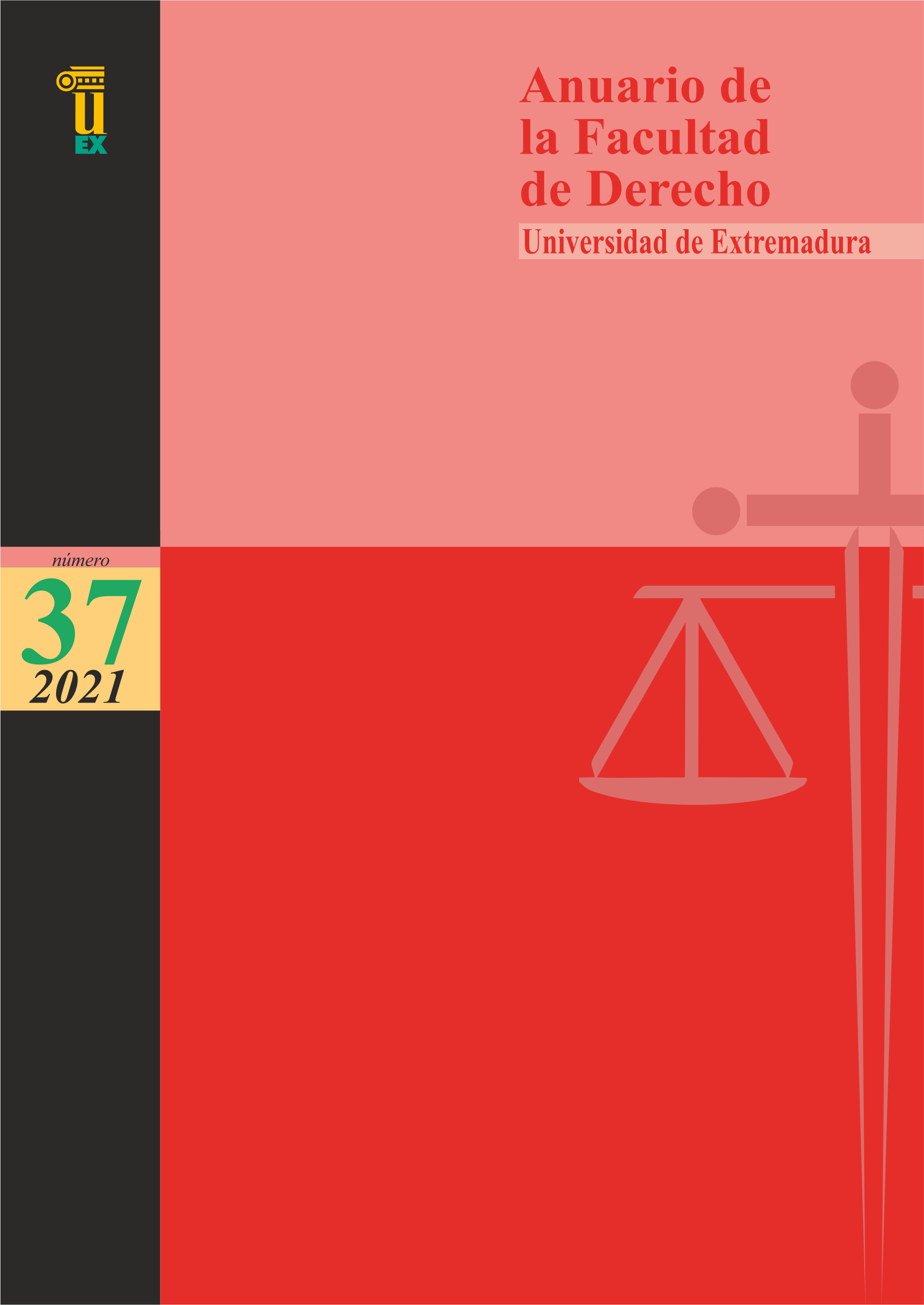Companies Localization and Demographic Challenge. The Role of the Portuguese Taxation
DOI:
https://doi.org/10.17398/2695-7728.37.163Keywords:
Fiscal benefits, companies localization, PortugalAbstract
The location of companies responds to several factors. Taxation is one of them. Certainly, the adoption of competitive tax measures can be an incentive capable of attracting new companies. This is how Portugal has understood it. The neighboring country has developed in the field of taxation, territorialized positive discrimination measures in order to attract new companies to the interior territories, areas with significant rates of depopulation, ageing and poverty. With the arrival of new companies in the interior of the country, it is intended to boost that territory, ensuring its economic development, fixing population and reducing existing regional asymmetries.
The demographic challenge is a highly topical issue, therefore, the objective of this work will be to analyze the tax benefits regulated by Portugal in order to encourage the location of companies in the interior of the country in response to this problem.
Downloads
References
AA.AA. “Programa de Valorização do Interior. Relatório del Balanço de Execução”. República Portuguesa, Coesão Territorial, 2021.
Burgos Belascoaín, Javier, “El presupuesto de Beneficios Fiscales para 2006”, Presupuesto y Gasto Público 42/2006 (2006): 67-82.
Fernandes, António B., Dinis, Anabela y Ussmane, Ana María. “Impacto dos incentivos fiscais regionais na taxa de criação de empresas: Estudo aplicado às regiões portuguesas do interior”. (17.º Congresso da APPR, 5.º Congresso de Gestão e Conservação da Naturaleza, 29 de junio a 2 de julio de 2011).
https://bibliotecadigital.ipb.pt/bitstream/10198/6226/1/Capa%20com%20ISBN_APDR.pdf
Fernandes, Marília. Coleção Essencial. Manual de preenchimento do IRS Modelo 3. Lisboa: Ordem dos Contabilistas Certificados, 2020.
https://www.occ.pt/news//_MANUAL/Essencial_IRS2020.pdf
Flores da Silva, Hugo. “O Imposto Municipal sobre Imóveis: considerações sobre um imposto local”. Questões de Direito Local 13 (2017): 47-65.
Leitão Amaro, António. “Estagnação Secular? Consequência de uma efetiva tendência demográfica?”. Revista de Finanças Públicas e Direito Fiscal 9, n. 4 (2017): 13-73.
Monteiro, Alcides. “Territórios do interior, coesão territorial e modelos de governança: a propósito do Programa Nacional para la Coesão Territorial”. Revista da Associação Portuguesa de Sociología 19, (2019): 127-151.
Moreno González, Gabriel, Xavier Marinêz de Oliveira y José Francisco Xavier dos Santos. “Los niveles competenciales e institucionales en Portugal”. En Extremadura-Portugal. Una guía para la cooperación transfronteriza, dirigido por Gabriel Moreno González. 43-57. Mérida: Junta de Extremadura. Dirección General de Acción Exterior, 2020.
Santinha, Gonçalo. “O princípio de coesão territorial enquanto novo paradigma de desenvolvimento na formulação de políticas públicas: (re)construindo ideias dominantes”. EURE: Revista Lationamericana de Estudios Urbano Regionales 119 (2014): 75-97.
Santinha, Gonçalo y Teresa Marques. “A integração do principio de Coesão Territorial na angenda política: o caso portugués”. Revista de Geografía e Ordenamento do Território 2 (2012): 215-244.
Sequeira, Teresa y Filipe Sá. “Benefícios fiscais ao serviço do desenvolvimento regional? O caso do distrito de Vila Real, no norte interior portugués” (15º Congresso de APDR, 1º Congresso de Desenvolvimento Regional Cabo Verde). Edición en PDF. http://www.apdr.pt/congresso/2009/pdf/Sess%C3%A3o%2024/221A.pdf
Downloads
Published
Issue
Section
License
Since November 2024 this journal is licensed under CC-BY-NC 4.0








.png)




